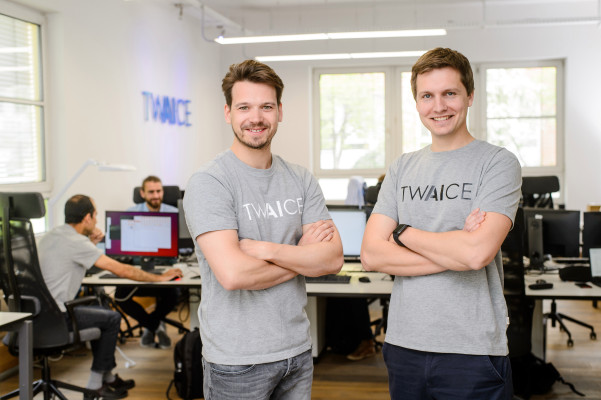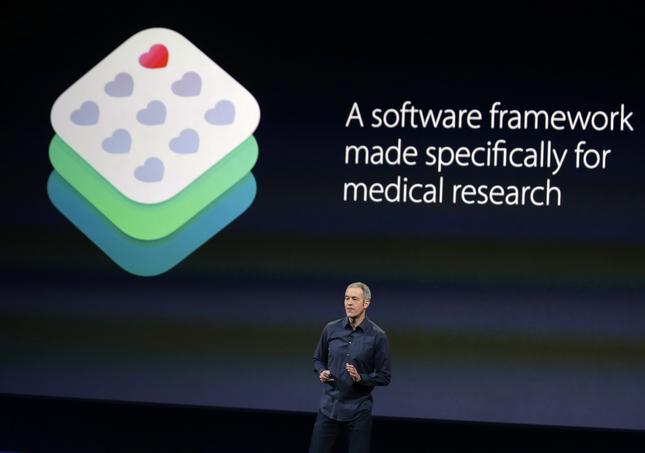Twaice, a Munich-based startup developing “predictive analytics” software to help with battery management in electric vehicles and other devices, has raised €2 million in additional seed funding.
The round is led by Berlin’s Cherry Ventures, with participation by existing investors UVC Partners and Speedinvest. It brings the total raised at seed stage by the nine month-old company — a spin out of Technical University of Munich (TUM) — to €3.2 million.
Already used in trucks, cars, e-scooters and stationary power storage, the Twaice software creates a “digital twin” of battery systems by utilising sensor data, and physical and data-driven battery models. From here it claims to be able to analyse and make accurate real-time predictions about the “health status” of an energy storage system.
Use-cases include closing the loop between product development and application, as well as new possibilities such as predictive maintenance and extending a product’s warranty.
“Batteries represent 30 to 50 percent of the electric vehicle costs, but they are complex blackboxes and degrade over lifetime,” Twaice co-founder Dr. Stephan Rohr tells TechCrunch.
“The complexity creates enormous risks and challenges for manufacturers of battery electric vehicles, as they have to test and model the 8 to 10 years lifetime of a battery in only six to 12 months of testing time. And after the start of production the users of these batteries have the challenge to understand how the battery is degrading as the impact of operating parameters on the degradation is too complex and no battery ages like another one”.
Enter Twaice’s “digital twin,” which Rohr says is fed time-continuous data from a device’s battery management system to constantly update the virtual model of the battery with regard to its current condition.
“Through an augmentation of empirical-analytical models and machine learning, we are then also able to predict, simulate and optimize each individual battery’s lifetime,” he says.
To that end, Twaice generates revenue via a Software-as-a-Service model. The young company charges an annual recurring fee per digital twin which scales based on the number of batteries.










